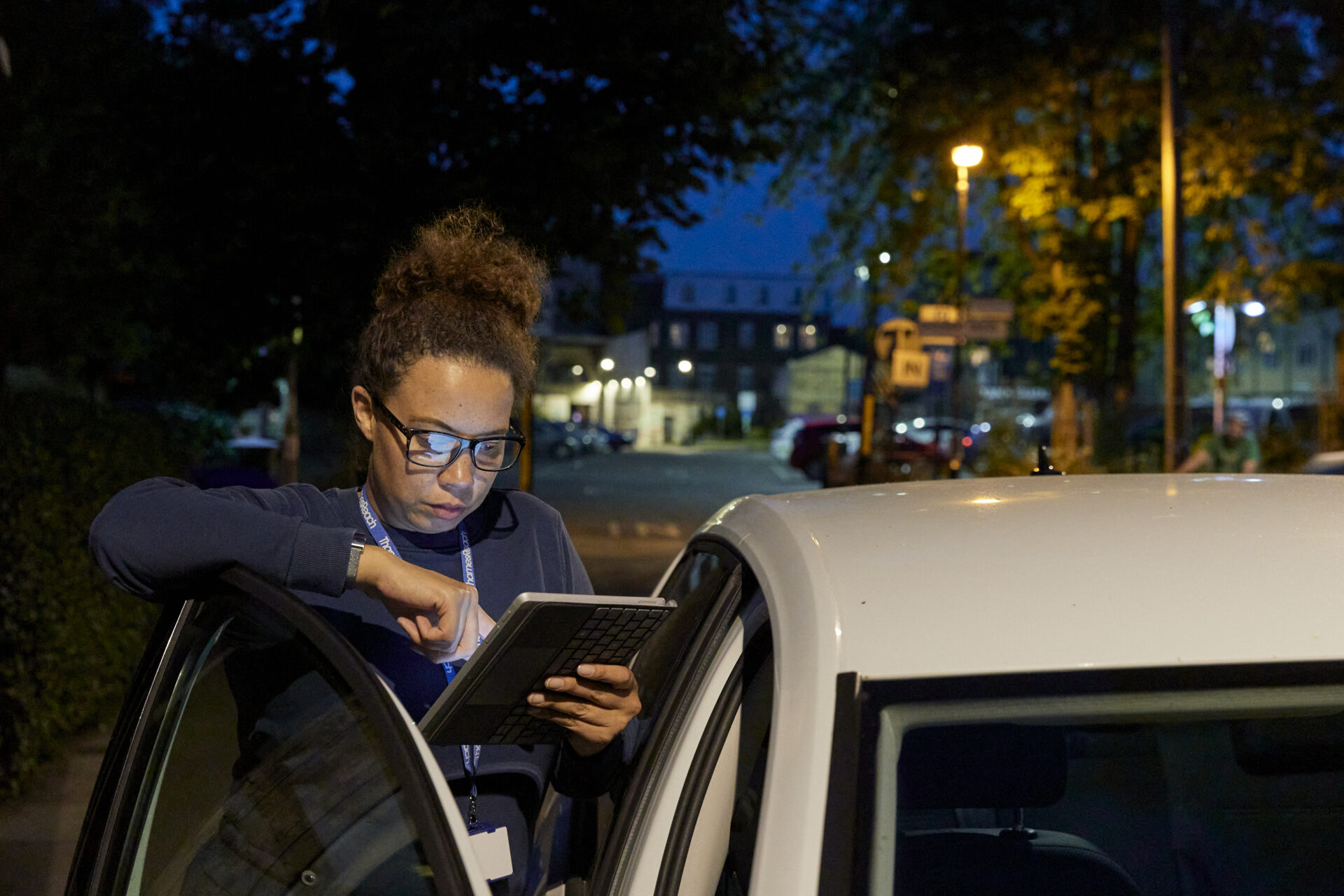A new government strategy for rough sleeping: can we end street homelessness for good?
The Department of Levelling Up, Housing and Communities have released their new strategy for rough sleeping

Thames Reach welcomes the publication by the DLUHC (Department of Levelling Up, Housing and Communities) today of the new Rough Sleeping Strategy: Ending Rough Sleeping for Good.
The strategy reiterates and expands upon the government’s commitment to ending rough sleeping, and when it cannot, ensuring that it is rare, brief, and non-recurrent. The adoption of this commitment, developed with the Centre for Homelessness Impact (CHI), and charities and local authorities through the Rough Sleeping Advisory panel, moves the objective of ending rough sleeping from a lofty ambition to a practical and measurable goal.
This is accompanied by the commitment of funding over the next three years, building on the settlement following last autumn’s spending review. It will provide the stability necessary for organisations like Thames Reach to develop new and existing services to meet the many challenges set out in the strategy.
We particularly welcome the investment in the different stages of our work: prevention, involving identifying and supporting people before they end up on the streets; response, working quickly to find people who are sleeping rough and get them to a safe place; and recovery, using accommodation and support models that enable people to move away from street homelessness. Working across prevention, response and recovery is central to Thames Reach’s vision of ending street homelessness, and are practices we know to be effective.
Alongside this, there is a focus on bringing government and services together to make sure that everyone is focused on ending homelessness. We need to make sure that prison is not a route onto the street, that health services work to ensure a health crisis does not lead to homelessness, and crucially that the transition away from local authority care is not the first step in a chain of events that lead to rough sleeping.
half the people on London’s streets are non-UK nationals and we welcome plans to make it much easier to establish people’s status and also to review the approach to accommodating people seeking asylum which can lead to people sleeping rough, particularly in London.
There is much work to be done, but it is crucial that the new administration builds on the lead provided by this strategy and the successful work of the last three years.
